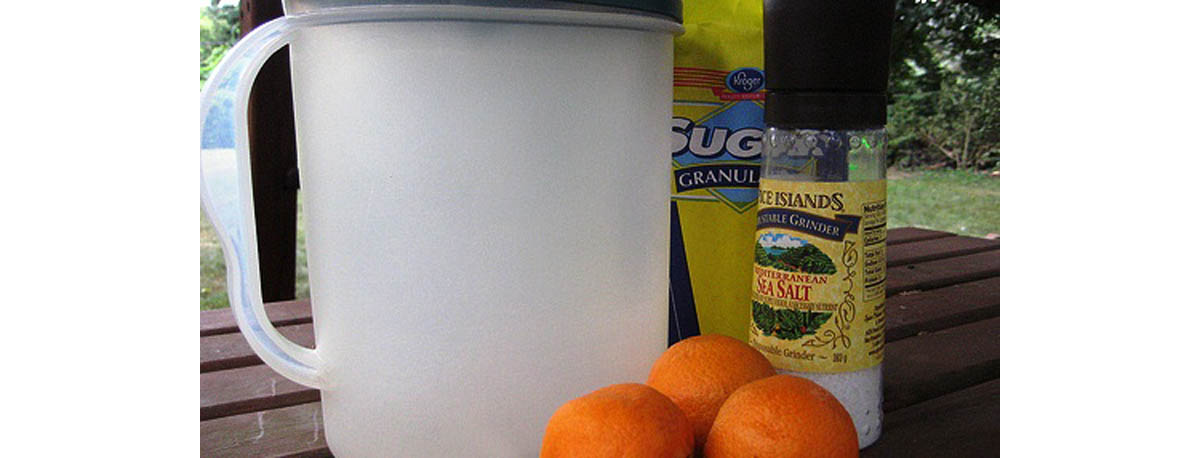Table of Contents
Cost
The main disadvantage of sports drinks is the cost. While price varies between brands and what type of drink you but, a regular electrolyte based sports drink can easily cost two dollars plus. If you’re training four or five times a week and following manufacturers’ directions for usage, which often advise taking one drink before a session, sipping on an isotonic solution during training and then consuming another when you’ve finished, that’s upwards of 25 dollars a week, just on sports drinks.

Marketing is king in the sports nutrition industry and it’s no different for sports drinks. Advertising will constantly bombard you with the “need” for these products to help fuel performance. However you can get a drink that provides the same amount of fluid, a similar electrolyte balance and enough carbs to fuel a hard session for a fraction of the cost. Mix half a liter of water with 200 milliliters of high-sugar squash or freshly squeezed fruit juice and a quarter of a teaspoon of salt and you have a drink that contains fluid, carbs, sodium from the salt and potassium from the squash of fruit juice – exactly what’s in a pre-made sports drink.
Research
Companies love citing scientific studies to back up their claims, such as “Increases hydration by 35%” or “Burns fat five times faster” or the classic “Boosts performance by 20% when compared to drinking water alone.”
The trouble with claims like these is that they rarely have any substance to them. While they may be true, it’s highly likely that they’re based on studies conducted in the company’s own lab, with a very small sample of test subjects.
That’s not to say that the claims aren’t true or that they’re being made up, but it’s difficult to decipher whether the results would actually apply to the general population. And that’s another issue.
Necessity
If sports drinks do boost performance then that still doesn’t make them entirely necessary. Elite athletes may benefit from drinking them as they’re looking for that extra one percent that can give them an edge on the competition, but for most people, even those competing at a high amateur level, the difference between performance levels when drinking a sports drinks and drinking plain water will be negligible and won’t make or break your success.
The general consensus in the industry is that regular exercisers will only benefit from sports drinks when training at high intensity for an hour at the very least.
Weight Gain
If you’re trying to lose weight, sports drinks are a complete no no. The added carbs to fuel performance and boost energy will do nothing for your waist line. A single drink can contain over 150 calories from pure sugar – that’s 150 calories you definitely don’t need.
Wrap-Up
Sports drinks definitely show signs of benefitting elite athletes and fuelling grueling training sessions, but whether they’re necessary is another issue. If weight loss is your goal, avoid them at all costs, but if you’re looking for performance increases, experiment and see if they work for you, or whether you’re better off sticking with good old fashioned water.
- “Sports drinks: vital for hydration or a waste of money?”, By Sam Murphy, Published on June 27th, 2009, Accessed on October 5th, 2012, Retrieved from http://www.guardian.co.uk/lifeandstyle/2009/jul/27/sports-drinks
- Photo courtesy of wadems on Flickr: www.flickr.com/photos/wadems/4416730283
- Photo courtesy of madaise on Flickr: www.flickr.com/photos/madaise/2793504353

